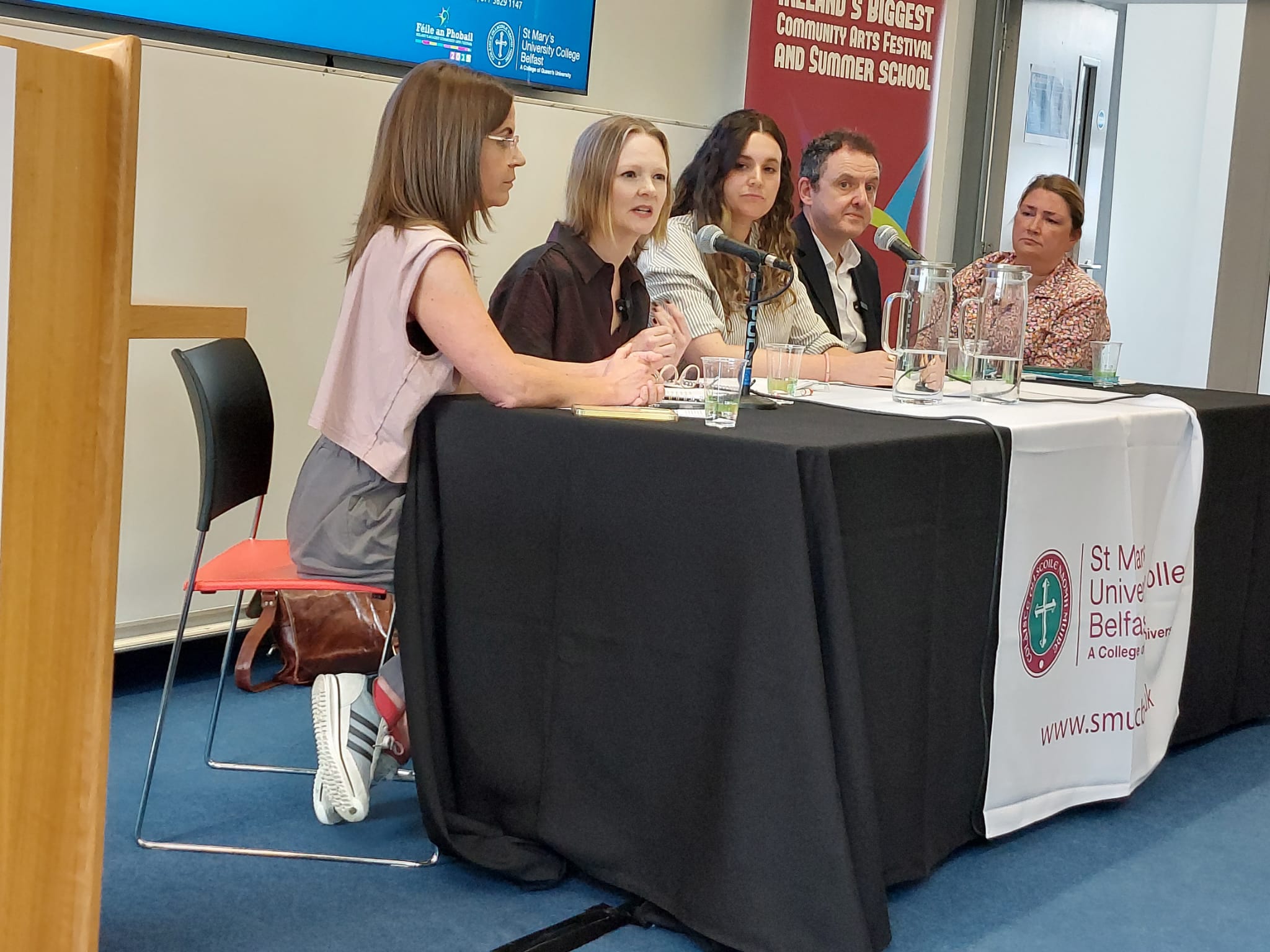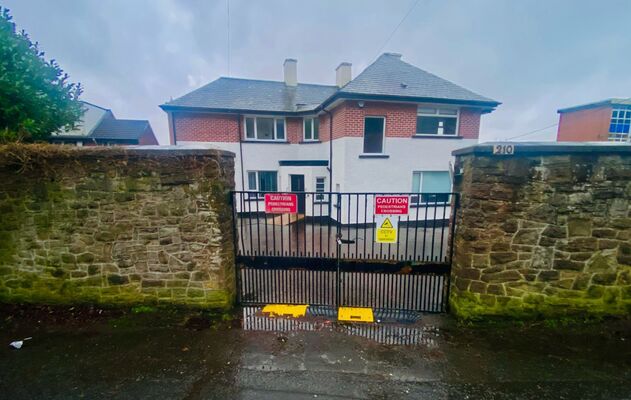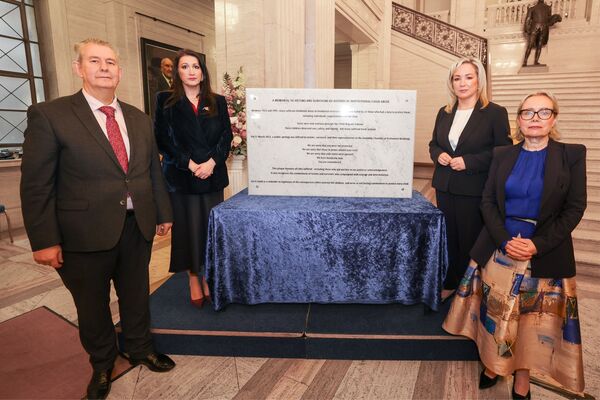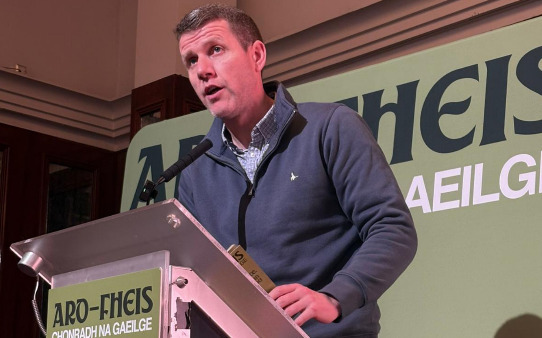IF challenging stereotypes and giving rise to fresh opinions are key components of Féile debates then we got off to a positive start on Thursday.
The Protestant perspective on creating a new Ireland took centre stage during the first discussion at this year’s Féile Summer School where there are over 90 talks planned over the next week.
Learning from the mistakes of the past when partition created two reactionary states with minorities left behind should be a blueprint of how not to do constitutional change. With increasing talk of referenda on both sides of the border gathering pace, citizens' rights in a post-colonial Ireland and the unionist experience were raised and discussed this morning, informing the new Ireland debate. Unsurprisingly, Colin Harvey, professor of Human Rights and Constitutional Law at Queen’s University, stressed the importance of human rights in framing a united Ireland.
Along with Colin, the other speakers included Andersonstown News columnist Andrée Murphy, who is also a member of Ireland’s Future; author Claire Mitchell from Newtownards; and Catherine Pollock from the unionist Fountain estate in Derry who works for Irish language cultural centre Cultúrlann Uí Chanáin in the city. Chairing the discussion in front of a packed lecture hall at St Mary’s University College on the Falls Road was Aoife Clements.
Colin Harvey, himself a member of Ireland's Future, said: "I keep getting told these conversations aren't happening, or people from unionist or loyalists areas aren't interested in these conversations (about a united Ireland), but then I've been in conversations with people who are unionist for the past five years. So there's what gets said and then there is the reality."
He reminded the audience that the Good Friday Agreement guarantees a British identity for those who are British in a united Ireland.
"Ireland's Future has shifted the conversation on a new Ireland," he insisted.
The insight from Claire and Catherine, coming from a Protestant background, was refreshing when set against what we have come to expect from unionist politicians and self-styled online loyalist spokespersons. Claire said that conversations around a new Ireland are taking place among unionists despite the "gatekeepers" of unionism telling us that they are not. She's involved with the new Irish language integrated school Scoil na Seolta in East Belfast and along with a local historical group in Newtownards produced the short film 'The Forgotten Famine' on the devastating impact of An Gorta Mór on the County Down town in the 1840s.
"There's the practical stuff but there is the emotional fear," said Catherine, talking about unionist concerns regarding a new Ireland. "The fear of erosion of Britishness in Ireland. They're scared that their experiences will be diminished."
Andrée warned that the far right "is lurking" and ground should not be given over to them in the debate about a new rights-based Ireland ahead of a referendum on Irish unity.
"Because if those of us who have raised heads above parapets now are robust now in facing this down, I think that will create a safety for all of those who need to be active participants in creating this new Ireland that does defend human rights," she added.
Conversations on a new Ireland are indeed taking place and will reconvene this week during Féile an Phobail. But the question remains: How long can the governments ignore the conversation?







